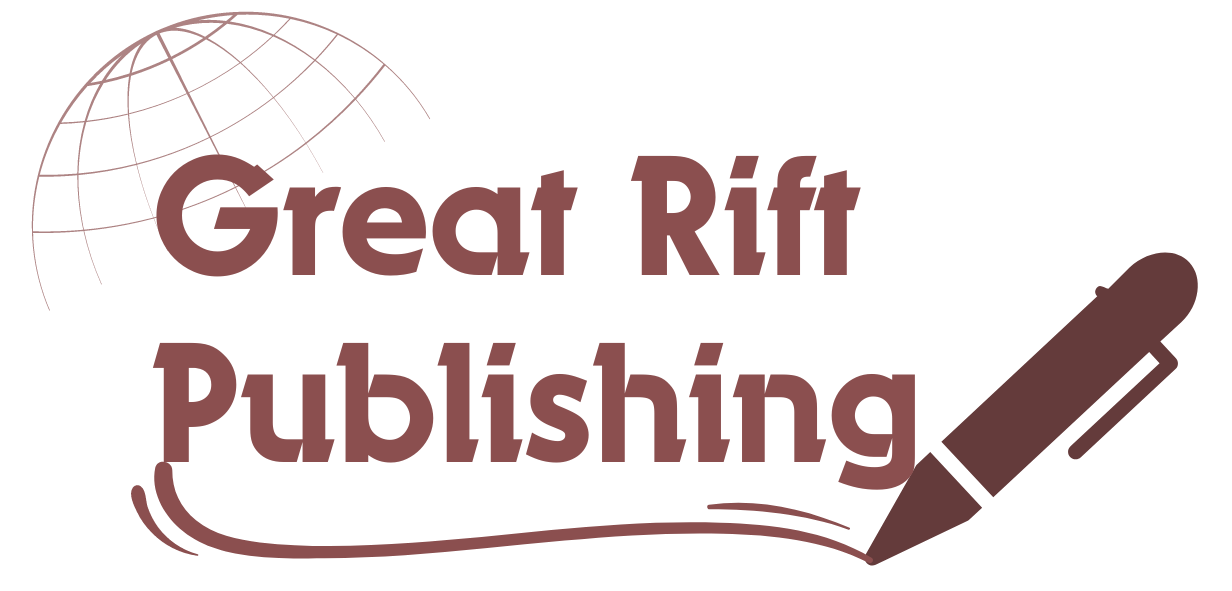Conflict Of Interests
- Home
- Conflict Of Interests
Great Rift Publishing
Our journal is dedicated to upholding the highest standards of ethics and integrity in academic publishing. The Conflict of Interest Policy outlined below is designed to ensure transparency, fairness, and the avoidance of any potential conflicts that could compromise the integrity of research and publication.
Definition of Conflict of Interest: A conflict of interest arises when an individual’s financial, personal, or professional interests have the potential to influence their objectivity, judgment, or decision-making in a way that may compromise the fairness and integrity of the research or publication process.
Policy Statement:
Disclosure:
- Authors: Authors are required to disclose any potential conflicts of interest related to their research during the manuscript submission process. These may include financial interests, affiliations, relationships, or any other circumstances that could be perceived as influencing the research.
- Reviewers and Editors: Reviewers and editors involved in the peer review process are expected to promptly disclose any conflicts of interest that may arise during the review of a manuscript. They should recuse themselves from the review process if a significant conflict exists.
Transparency:
- All disclosed conflicts of interest will be made available to relevant parties (e.g., editors, reviewers, editorial board members) to ensure full transparency throughout the publication process.
Management of Conflicts:
- Authors: In cases where authors have disclosed conflicts of interest, the journal’s editorial board will evaluate the nature and significance of the conflict. Depending on the circumstances, steps may be taken to manage or mitigate the conflict while ensuring the research remains unbiased and valid.
- Reviewers and Editors: Reviewers and editors are expected to declare conflicts of interest to the journal’s editorial office. The journal may seek alternative reviewers or editors in situations where conflicts of interest may compromise impartial decision-making.
Editorial Board:
- Members of the journal’s editorial board are required to disclose any conflicts of interest that may arise from their roles as editors. They are expected to act impartially and ethically in all editorial decisions.
Monitoring and Enforcement:
- The journal will periodically review and update its Conflict of Interest Policy to ensure its effectiveness and relevance.
- Violations of this policy may result in actions, including retraction of published articles, disqualification from the peer review process, or removal from the editorial board, depending on the severity of the violation.
Retrospective Disclosure:
- If a conflict of interest is identified after publication, the journal will take appropriate measures to correct the record, including issuing corrections, retractions, or editorial notices as necessary.
Conclusion: Our Conflict of Interest Policy is designed to promote transparency, uphold ethical standards, and protect the integrity of the research and publication process. We encourage all stakeholders, including authors, reviewers, and editors, to adhere to this policy to ensure that the work we publish is based on sound research and free from undue influence or bias.




